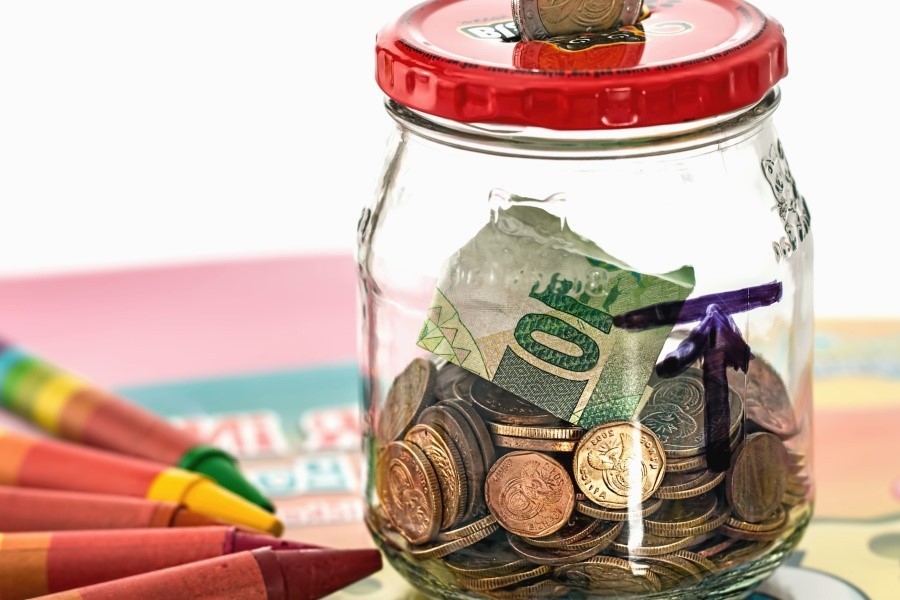Simplify Your Budget
With so many apps and tools designed for personal finance, it can be easy to over-complicate your savings efforts. Start with a pen and paper and add more techniques as you go. A more minimalist approach could help sticking to your budget easier. After all, you don’t necessarily need to account for every single penny to maintain good personal finance habits.
Develop Passive Spending Barriers
By creating a few personal rules for yourself, you can help keep more money in your bank account and prevent unnecessary spending. Things like 30-day lists for your “wants” vs. basic needs, allowing only so much spending for frivolous purchases like coffee, shopping, and eating out, or establishing a “two items out for every item in” could help you reduce your clutter and make purchases only on things you really want. Furthermore, identifying bad spending habits (such as indecision between buying multiple items) as triggers and deciding not to buy anything at all could be beneficial to your wallet.
Utilize Automatic Savings Deposits
Just as you’d use for paying bills, some banks support setting up automatic deposits to a savings account, so if payday rolls around and the temptation to splurge arises, you can always ensure you’re moving in the right financial direction without having to manually make a deposit to savings.
Maximize Your Retirement Savings
While the general rule of thumb is that you can’t start saving for retirement too early, there are significant advantages in saving even more through retirement accounts. Both major types of investment account types have contribution limits, so if you can maximize those savings each year it’ll go a long way to help your personal wealth grow. Consult with your tax professional regarding these limits before you make any changes to your savings and investment habits.
Cook at Home
Busy people infamously don’t make time to eat properly – especially when you’re young and so many social events are tied to dining out or having drinks with friends. Not only will cooking at home save you an incredible amount of money -as much as $2,000 per year by simply packing your own lunches – it’s healthier for you. While the temptation to order takeout or delivery will certainly arise after a long, stressful day, resisting that with tasty leftovers and pre-cooked meals will help keep your budget in line.
Reconsider Savings Habits That Don’t Add Up
How often do you drive across town to save 3 cents at the gas pump? Or purchase some groceries at one store, but make an extra trip to buy things at another? And when was the last time you sat down and figured out if these habits were actually saving you money? To determine the efficacy of these frugal tasks, calculate your hourly income, how much you value your time, and what your actual savings are. Here’s a handy tool that can help you rethink some of your old savings habits.


